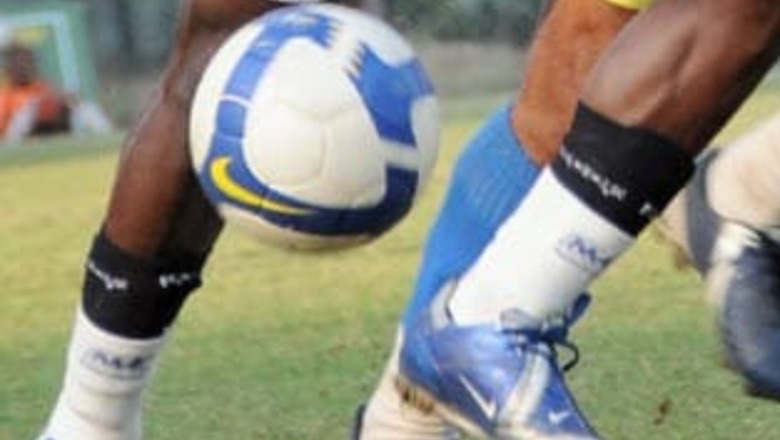
views
Copenhagen: FIFA and UEFA, the two most powerful soccer organisations, have rejected the World Anti-Doping Agency's out-of-competition drug testing rule on Tuesday and asked for changes.
The WADA rule took effect on January 1 and requires athletes in all sports to give drug-testers three months' notice of their whereabouts for one hour each day of the year.
But FIFA and UEFA said on Tuesday there are "fundamental differences" between an individual athlete training alone and one who spends six days a week training or playing with a team and is "thus easy to locate."
Their stance is expected to heighten tensions with WADA, which has been determined to stand by its new anti-doping code. WADA believes surprise out-of-competition testing is the cornerstone of a credible anti-doping policy.
In a statement after Tuesday's UEFA Executive Committee meeting, the soccer authorities asked WADA to reconsider the rule "in a spirit of collaboration in the fight against doping."
The bodies also called for players to get a special exemption during their off-season, which typically runs from mid-May through the end of June. They said they "do not accept that controls be undertaken during the short holiday period of players, in order to respect their private life."
The confrontational statement came four days after FIFA president Sepp Blatter insisted that soccer should not be held to the strictest standards of the new code.
More than 25,000 doping tests are carried out in world soccer annually, with an average of 10 players testing positive each year from 2004-08.
Blatter said FIFA had also joined with the governing bodies of other team sports — including basketball, volleyball and ice hockey — to ask again that WADA made the rules clear.
The two soccer bodies made one concession Tuesday, accepting that individual players should face the same rules as track and field athletes if they were injured, serving a suspension or not taking part in the daily life of a club.
WADA president John Fahey has insisted that the testing rule will not be changed so soon after the introduction of the revised code, which was finalized in November 2007 after lengthy consultation and a special conference — attended by FIFA — in Madrid, Spain.
Fahey has said giving athletes a holiday break from testing would undermine the anti-doping fight and give cheats the freedom to start taking drugs.
In Belgium, 65 athletes have started court proceedings against the new out-of-competition testing rule, citing the European Convention on Human Rights.

















Comments
0 comment